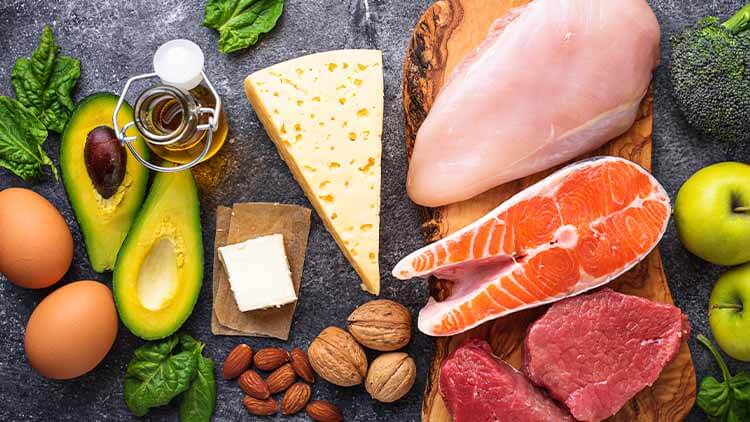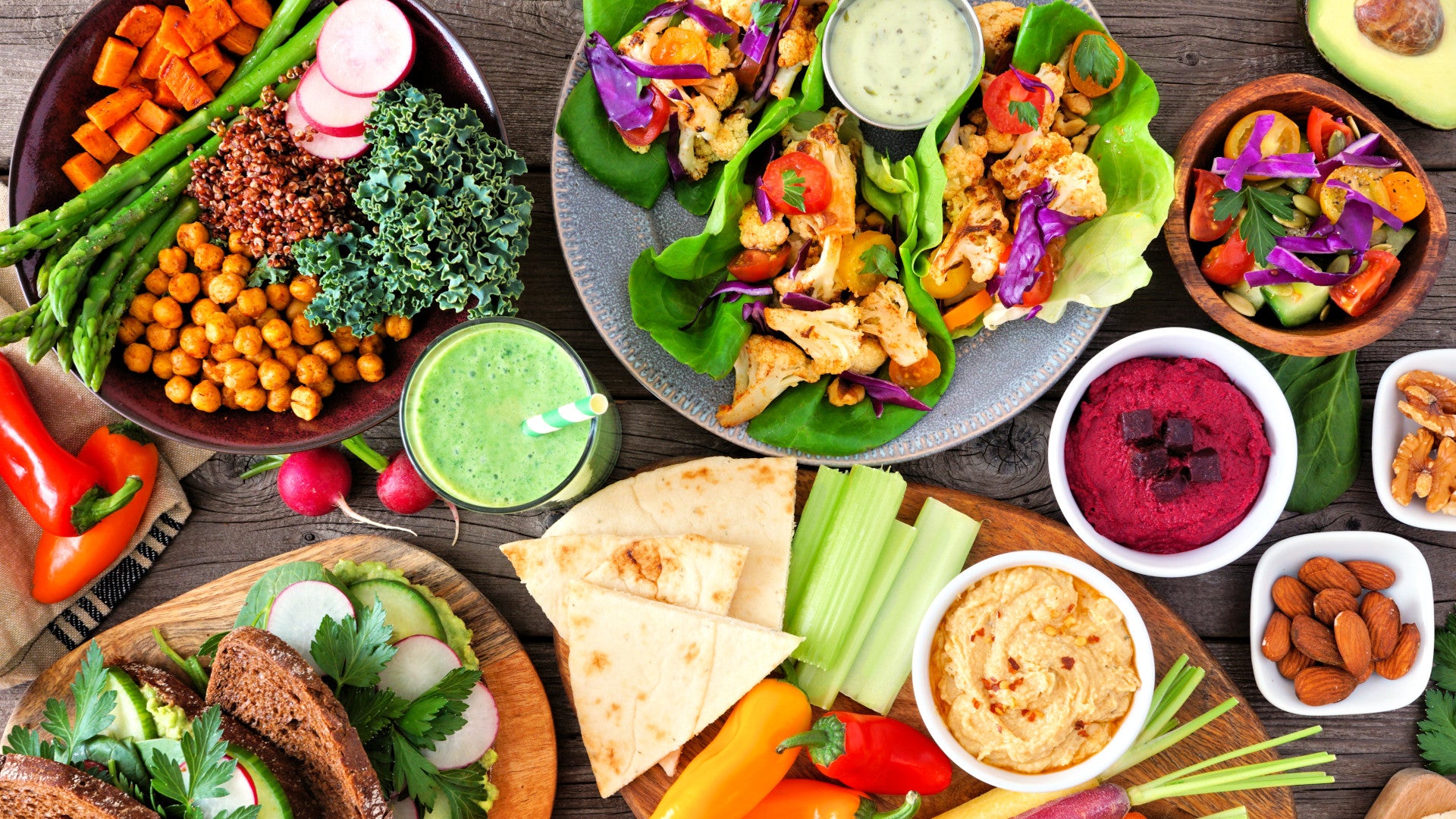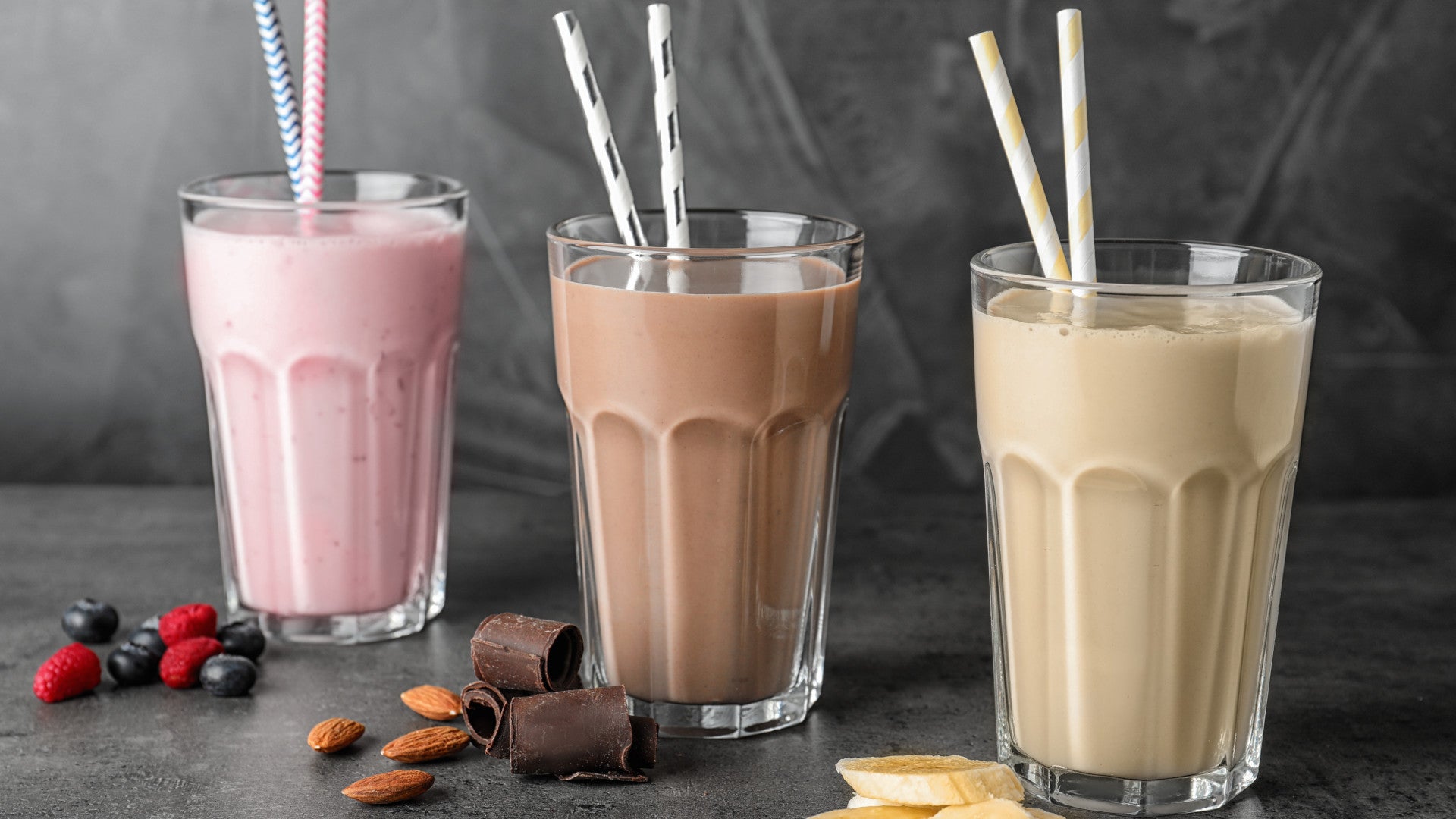Introduction
Navigating the weight loss market can be a bit of a minefield. Not only are there so many to choose from, but many actually contradict each other in their claims. What is a person to do when faced with such confusing information?
In this article we aim to compare the most popular weight loss diets, so you can determine – on your own terms – which is the best weight loss diet for you. One that doesn’t hold back the punches, but will enable you to confidently shift those excess pounds and maintain them long afterwards.
Why are there so many weight loss diets?

And that is the big question: why do so many weight loss diets exist in the first place?
Well, you could argue that the problem stems from the customer…
You see, all of us at some point want to lose weight. Whether it is for a special occasion, a holiday or for our health; we make a decision to lose weight. Now depending on our needs, what we want from a diet will vary. Similarly, our own dietary preferences will influence our decision.
Knowing this, manufacturers have gone on to create a variety of different effective weight loss diets to cater to these demands. From metabolism boosters, fat burners, appetite suppressants, and performance enhancers, to the other end of the scale where there are diets which focus on inclusion or exclusion of specific food groups e.g. carbs and proteins, or restrict your calorie intake; the truth is you are spoilt for choice.
Yet in the same instance, unless you have got the time to sit there comparing popular weight loss diets; this whole process can end up feeling overwhelming. And if you’re overwhelmed you’re liable to make a mistake when choosing amongst the top weight loss diets.
For that reason, we have compiled a list of the best weight loss diets currently on the market, so you can read the info and discover which can offer you the tools to long term weight loss and maintenance.
What are the most popular weight loss diets?

Paleo Diet
This diet follows the philosophy that most modern diseases stem from the Western diet and our consumption of grains, dairy and processed foods. To combat this, the Paleo diet focuses on whole foods, lean proteins, vegetables, fruits, nuts and seeds, and encourages you to avoid processed foods, sugars, dairy and grains.
Now there are some versions of this diet that allow for cheese, butter, potatoes and sweet potatoes, but the main idea is to return to a diet that existed before agricultural development.
Benefits
- Numerous studies have linked this diet to significant weight loss and reductions in waist size.
- Improves glucose tolerance.
- Prevents heart disease – including bad cholesterol, and high blood sugar and blood pressure levels.
- Suitable for diabetics
- Naturally helps you to eat fewer carbs and more protein.
- Helps you to consume 300-900 calories less per day due to being fuller, faster.
Drawbacks
Completely eliminates whole grains, legumes and dairy which are all healthy, nutritious and good for the body.
Vegan Diet
You normally wouldn’t associate being a vegan with weight loss; however, this strict form of vegetarianism can help you to lose weight without the need to count calories (due to its low fat and high fiber content).
Veganism basically eliminates all forms of animal products (for ethical, environmental and health reasons) including dairy, eggs and animal derived products e.g. gelatin, honey, whey and some forms of Vitamin D3.
Benefits
- Helps you to feel fuller for longer (due to high fiber). In fact, during an 18 week study, participants following the vegan diet lost 9.3lbs more than those on the controlled diet. In addition, the vegan group were allowed to eat until they were full, whilst those on the controlled diet had a calorie restriction.
- Has been linked to lower body weight and BMI (in comparison to other top weight loss diets).
- Reduced risk of heart disease, type 2 diabetes and premature death.
- Decreased risk of Alzheimer’s Disease (thanks to limiting processed meat)
Drawbacks
- Calorie for calorie, the vegan diet is not the most effective weight loss diet. It only works so well because it naturally reduces your calorie intake.
- Risk of nutrient deficiencies – you will be low in Vitamin B12, Vitamin D, iodine, iron, calcium, zinc and omega-3 fatty acids.
Low-Carb Diet
You’ve probably already attempted this one at some point in your life, as carbs are sadly the biggest weight gain trigger of them all.
Sure, they are fine in moderation. But if your diet consists of carbs on a daily basis, then with time you will put on weight as your body won’t be able to burn it all off quick enough.
Now there is more than one type of low-carb diet, but most involve limiting your carb intake to 20-150g per day. By reducing your carb consumption, this will force your body to use more fats for fuel/energy.
How it works: this diet allows you to have an unlimited amount of protein and fat whilst dramatically reducing your carb allowance. By doing so, fatty acids will move into your bloodstream and will go to your liver, where some will be turned into ketones. These fatty acids and ketones are then used as your primary energy source (in the absence of carbs).
Benefits
- Studies over indicate this diet is great for overweight and obese patients, encouraging greater weight loss.
- Effectively reduces dangerous belly fat that can surround your organs.
- A very low carb intake can trigger ketosis which according to studies can cause twice the amount of weight loss compared to low fat, calorie-controlled diets.
- Reduce your appetite and make you feel less hungry.
- Decreases the risk of health issues relating to blood triglycerides, cholesterol, blood sugar, insulin levels and blood pressure.
Downside
- The diet is not suitable for everyone and can leave you feeling miserable/depressed.
- It may increase bad cholesterol levels.
- In serious cases, it can cause ketoacidosis which can be fatal if left untreated.
Dukan Diet
This high protein, low carb diet consists of four phases – two weight loss and two maintenance. How much weight you want to lose affects how long you stay in each phase, as they each have their own dietary pattern.
For instance, during the weight loss phase you will be able to eat an unlimited amount of high protein foods and oat bran. During the other phases, you’ll add on non-starchy vegetables followed by some carbs and a little fat. As this maintenance phase progresses, you will start to have fewer pure protein days (to enable you to lose weight).
During one study, female participants who ate 1000 calories and 100g of protein a day lost on average 33lbs in 8-10 weeks.
Benefits
- Higher metabolic rate and decrease in hunger hormone ghrelin
- Increases fullness hormones.
Downside
- Little scientific research on this diet
- May slow down – not speed up – your metabolism due to its limitation on fat. Fat and high-protein combined usually increases metabolic rate.
- Loss of muscle mass (due to fast weight loss)
- Its severe calorie restriction can cause your body to conserve energy, making it easy for you to regain this weight after you stop.
Ultra-Low Fat Diet
This diet aims to restrict your fat consumption to less than 10% of your daily calories. This is 20% less than typical low fat diets.
It achieves this by encouraging you to eat a mostly plant based diet with a limited amount of animal products. In fact, 80% of your calories will be carbs and 10% protein.
Benefits
- A study on obese participants reported average losses of 140lbs.
- An 8 week study containing 7-14% fat saw an average weight loss of 14.8lbs.
- Decreases risk of heart disease (by lowering high blood pressure, cholesterol and inflammation)
- Improves type 2 diabetes.
- Can slow down progression of multiple sclerosis
Downside
- Ineffective at causing weight loss in the long term.
- Can cause long term problems as fat plays an important role in building cell membranes and hormones etc.
- Limits your intake of healthy foods.
- Lacks taste and food variety (making it harder for you to stay motivated).
Atkins Diet
This well-known low carb diet helps you to lose weight by encouraging you to eat as much protein and fat as you can. The only rule is, you must avoid eating carbs, as this will help to reduce your appetite and in turn lower your calorie intake.
Atkins is split into four phases: 1st the induction phase (where you are allowed less than 20g a day of carbs for 2 weeks). The 2nd, 3rd and 4th phases involve you slowly reintroducing healthy carbs into your diet (as you get closer to your desired weight).
And it works! Studies have found that the Atkins diet can trigger faster weight loss than low fat diets, as well as reduce belly fat (which has a tendency to accumulate around your organs).
Benefits
- Reduces the risk of heart disease and cholesterol.
- Improves blood sugar, blood pressure and insulin levels.
- Burns fat by limiting carbs and encouraging you to pack on fat and protein.
- Can help you to lose up to 15lbs in 2 weeks.
Downside
Similar to other low carb diets, the Atkins diet is safe for most people; however, in rare cases it can trigger health problems.
Most initial weight loss is water (due to its diuretic effects).
The Zone Diet
This low glycemic diet encourages you to limit your carb intake to 35-45% of your daily calories (these carbs should have a low glycemic index), whilst having 30% protein and 30% fats.
For instance, each meal should be 1/3 protein, 2/3 colorful fruit and veg, and a dash of fat (from almonds, avocado or olive oil).
NOTE: it is important that you limit the amount of high GI carb foods that you have e.g. bananas, rice and potatoes.
Benefits
- Reduces diet-induced inflammation i.e. in those with type 2 diabetes.
- Decreases risk of chronic diseases e.g. caused by high or low blood sugar.
- Reduces waist size.
Downside
Studies on this diet are inconsistent with some saying it reduces appetite, whilst others have reported little weight loss.
Intermittent Fasting
This one is more of an eating pattern than an actual diet as it encourages you to alternate between cycles of fasting and eating.
There are numerous ones you can try:
- The 16/8 method: involves skipping breakfast and restricting your daily eating time to 8 hours, before asking you to fast for the remaining 16 hours of the day.
- The eat-stop-eat method: this requires a 24 hour fast, 1-2 times a week (on non-consecutive days).
- The 5:2 diet: on two consecutive days you reduce your calorie intake to 500-600 calories. The remaining 5 days you eat normally (but healthily).
- The Warrior Diet: during the day you must eat small quantities of raw fruit and veg before finishing with a huge meal each night.
Benefits
- It has been proven to cause weight losses of 3-8% over a 3-24 week period.
- Causes less muscle loss than most calorie restricted diets.
- Can increase your metabolic rate by 3.6-14% in the short term.
- Reduces markers of inflammation.
- Decreases bad cholesterol and blood sugar levels.
- Increases levels of HGH and insulin sensitivity.
- Improves cellular repair.
- Can protect you against Alzheimer’s disease and cancer,
Downside
- This type of dieting doesn’t suit everyone i.e. anyone who is malnourished or is sensitive to blood sugar drops.
- Less beneficial for women than men.
Optavia Diet
This dietary plan by Medifast restricts you to 1000 calories a day, split over 1 daily meal (500 calories) and five 100 calorie ‘fuelings’. These fuelings come in the form of shakes, bars, eggs, oatmeal, pancakes, puddings, soups and brownies.
As you can already guess, this diet isn’t designed for long term use as it is not entirely safe or nutritious.
Weight Watchers Diet
The diet follows a SmartPoints system that encourages you to eat healthy, filling foods that have been assigned a point value (based on its nutrition). Done right, you can lose up to 2lbs a week.
This weight loss is achieved through a combination of their meal replacements shakes, and learning how to eat a balanced diet. The fact that 0 points applies to more than 200 foods, means you’ve got the flexibility to experiment with your food.
Benefits
- Delivers quick results that last.
- Comes with a built-in support system (meetings, online forum and website, etc.)
- No calorie restrictions.
- Eat what you want – no food is off limits
- You can shape your own diet.
- Offers more than one program to choose from.
Downside
Participation can be pricey when you add meetings, weigh-ins and their meal replacements into the equation.
Jenny Craig Diet
This diet consists of calorie restricted prepackaged meals and recipes that are designed to help you lose up to 2lbs a week. By reducing your daily calorie allowance, fat intake and portion sizes; you can lose weight more on this diet than on any other commercial weight loss program.
Benefits
- Effective for short-term weight loss as it helps you to retrain your brain and learn about proper portion sizes.
- Encourages behavior modification and a more active lifestyle.
- You’ll receive your own personal consultant to guide your journey.
- Comes in 2 programs: standard and Type 2 (designed for those with Type 2 diabetes).
Downside
- Pricey
- Home cooked meals and restaurant meals are off limits
Volumetrics Diet
This diet encourages you to fill up on bulky foods that contain few calories i.e. carrot sticks. In doing so, you can lose 1-2lbs per week, plus a massive amount of weight long term.
Food is divided into four groups:
1) very low energy density foods (non-starchy fruits and veg, non-fat milk and broth based soups),
2) low energy density foods (starchy fruits and veg, grains, breakfast cereal, low fat meat, legumes and low fat mixed dishes e.g. chili and spaghetti),
3) medium energy density foods (meat, cheese, pizza, French fries, bread, ice cream and cake)
4) high energy density foods (crackers, chips, chocolate candies, cookies, nuts, butter and oil).
The idea is that you go heavy on the first two groups, watch your portion sizes with foods from group three, and keep those from group four to a minimum. Similarly, you will eat normally e.g. breakfast, lunch, dinner, a couple of snacks and dessert.
Benefits
- Teaches you how to portion control and pick foods that are low in calories (but that are also filling).
- Flexible eating.
- No calorie restriction – no food is off-limits
- Very filling.
Downside
If you don’t like fruit, veg or soup, then forget it.
Conclusion
As you can see, if you’re serious about losing weight then you’ve got a range of best weight loss diets to choose from. Hell, you could spend years testing all of these out – including some of the more calorie restricted diets.
But here is the thing…
Whilst there may literally be hundreds of effective weight loss diets, this doesn’t necessarily mean they are all right for you. So instead of picking from the most popular weight loss diets; we strongly recommend that you sit down and analyse all their pros and cons. Only once you fully comprehend how they work, can you truly tailor them to suit you.
Similarly, you don’t have to restrict yourself to just dietary plans. You can also supplement your weight loss with the support of proven weight loss pills such as PhenQ. 100% natural and safe, every one of its ingredients was purposefully chosen for its ability to stimulate fat burn; boost your metabolism and encourage weight loss.
Related Articles: B12 for Weight Loss - Shots vs Natural Sources and Supplementation




